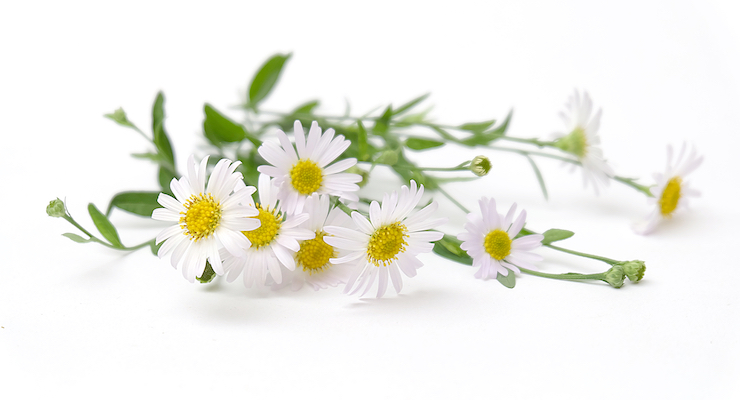Market Updates
American Herbal Pharmacopoeia Collaborating with Tehran University on Chamomile Literature
The compendium will establish a set of industry standards to promote quality and integrity in all chamomile-based botanical products.

By: Mike Montemarano

The American Herbal Pharmacopoeia, a California-based nonprofit research organization, has announced its partnership with the Tehran University of Medical Sciences (TUMS) School of Traditional Persian Medicine. AHP and TUMS share a common desire to foster a high level of integrity and quality in all aspects of botanical medicine.
A formal liaison is not only in the best interest of AHP and TUMS but all involved in herbal medicine internationally, the two organizations said in a statement. The collaboration will include the development of the AHP Monograph and Therapeutic Compendium for chamomile flowers. TUMS is the only school to offer a doctoral program in Persian traditional medicine and pharmacy, which AHP considers to make them a unique institution for this aspect of herbal medicine.
“Both AHP and TUMS share a common desire to foster a high level of integrity and quality in all aspects of botanical medicine,” Roy Upton, AHP President, said. “AHP can benefit greatly from the knowledge and expertise that the School of Traditional Persian medicine has in select botanicals important to AHP and Persian medicine. They are already integral in the review of upcoming monographs for lemon balm and saffron. It’s wonderful to have them take the lead on a similar work for chamomile.”
According to Dr. Arman Zargaran, Vice Dean for International Affairs and Assistant Professor at TUMS, “phytotherapy needs a standard reference and AHP is the right place to create it; and Tehran University of Medical Sciences, as the best medical university in Iran, a country and civilization with thousands of years of practice of traditional Persian medicine and phytotherapy, is the right institution to collaborate with AHP to reach this goal.
Chamomile, commonly consumed as a tea but also as a dietary supplement, is rich in flavones, which are known to have potent antioxidant properties. Additionally, it is believe that chamomile’s apigenin content may help to improve sleep by inducing sleepiness, and that chamomile may reduce gastrointestinal distress through its inflammatory-modulating properties.


